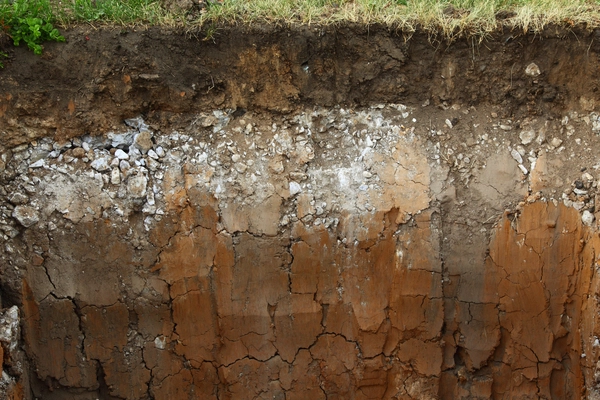Soil animals such as nematodes, mites, springtails, and earthworms are critical components of soil ecosystems, and they play a crucial role in nutrient cycling, organic matter decomposition, and soil structure maintenance.
A team of scientists has shed new light on the significance of plant roots for below-ground life, particularly in the tropics. Millions of small creatures, including earthworms, springtails, mites, insects, and other arthropods, work in a single hectare of soil and are essential for decomposition and soil health. For a long time, it was thought that leaf litter was the primary source of food for these animals. However, this recent study is the first to show that plant root resources drive soil animal communities in the tropics.
The University of Göttingen-led research team has shed new light on the importance of plant roots for belowground life, particularly in the tropics. Millions of small creatures, including earthworms, springtails, mites, insects, and other arthropods, work in a single hectare of soil and are essential for decomposition and soil health. For a long time, it was thought that leaf litter was the primary source of food for all of these animals. However, this recent study is the first to show that plant root resources drive soil animal communities in the tropics. The findings were published in Ecology Letters.
This study’s findings are significant not only for the conservation of tropical soil biodiversity but also for the development of global ecosystem models describing carbon cycling in the tropics.
Dr. Anton Potapov
The researchers isolated plots within natural ecosystems and used a plastic barrier to prevent access to plant roots (a technique known as ‘root trenching’). In Sumatra, Indonesia, they studied the rainforest as well as rubber and oil palm plantations. In comparison, they removed all dead leaves, which are the primary source of food for decomposer animals, from other experimental plots. They discovered that without living roots, animal abundance in rainforest plots decreases by 42% and in plantations by 30%.
Physical litter removal, on the other hand, has almost no effect on the animals in the underlying soil but reduces total animal abundance (in the soil and dead leaves) by 60% in the rainforest and rubber plantations. However, the effects of plant litter removal were not observed in oil palm plantations, where litter is already scarce. The study also revealed that living roots are especially important for smaller soil animals like mites and springtails.

Surprisingly, adding artificial plastic leaves to oil palm plantations increased the abundance of some animal groups, such as prostigmata, demonstrating that improving habitat structure, such as mulching, can promote soil food networks and the services they provide.
“The research opens up new possibilities for managing the resources provided by plant litter in tropical plantations, thereby promoting soil animal biodiversity. This is critical for the development of sustainable agricultural landscapes in the tropics” Professor Stefan Scheu, head of the University of Göttingen’s Animal Ecology Working Group, agrees.
“This study’s findings are significant not only for the conservation of tropical soil biodiversity but also for the development of global ecosystem models describing carbon cycling in the tropics. We need a better understanding of the complex ecological systems that support life on Earth,” adds Dr. Anton Potapov, Soil Biodiversity and Functions at German Centre for Integrative Biodiversity Research (iDiv), Halle-Jena-Leipzig.
Furthermore, plant roots play a crucial role in shaping soil structure, creating spaces for air and water movement, and providing a physical environment for soil animals to thrive. In turn, soil animals play an important role in maintaining the health and productivity of tropical soils by enhancing nutrient cycling, improving soil structure, and promoting plant growth. Overall, plant roots and soil animals have a mutually beneficial relationship in tropical ecosystems, with each playing a vital role in sustaining the other.
















